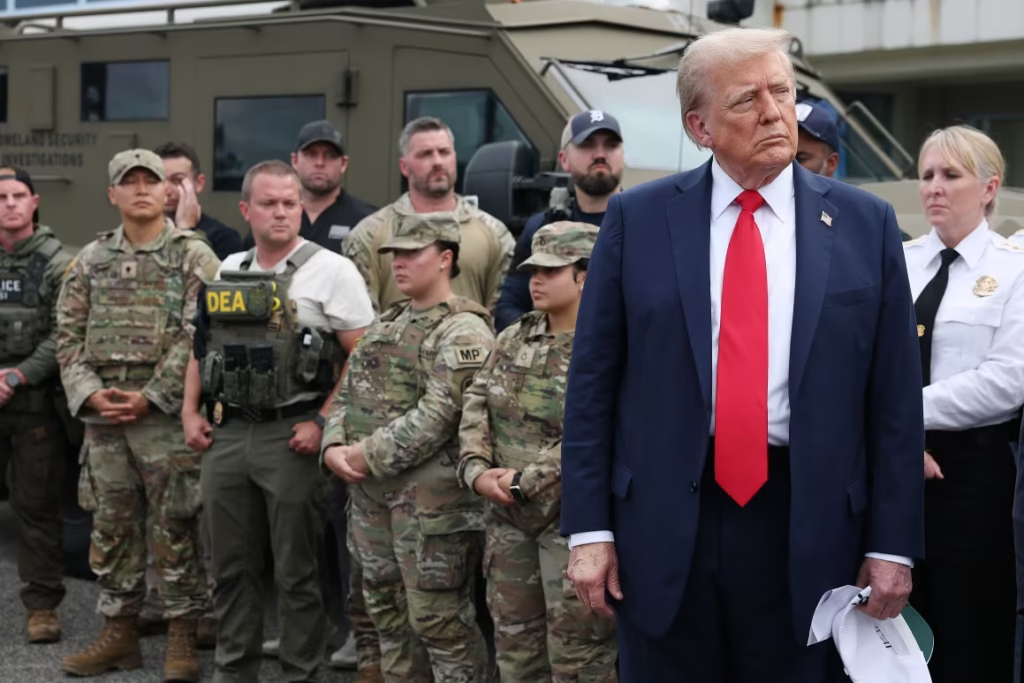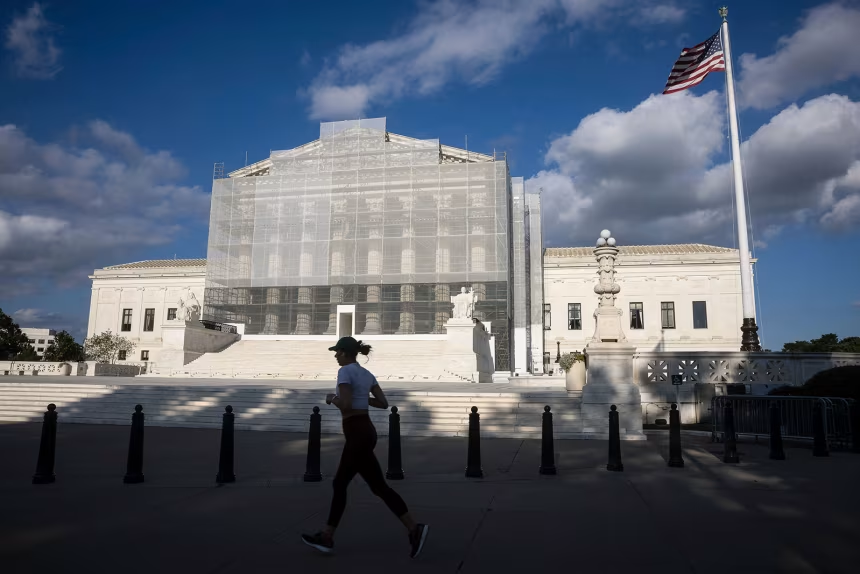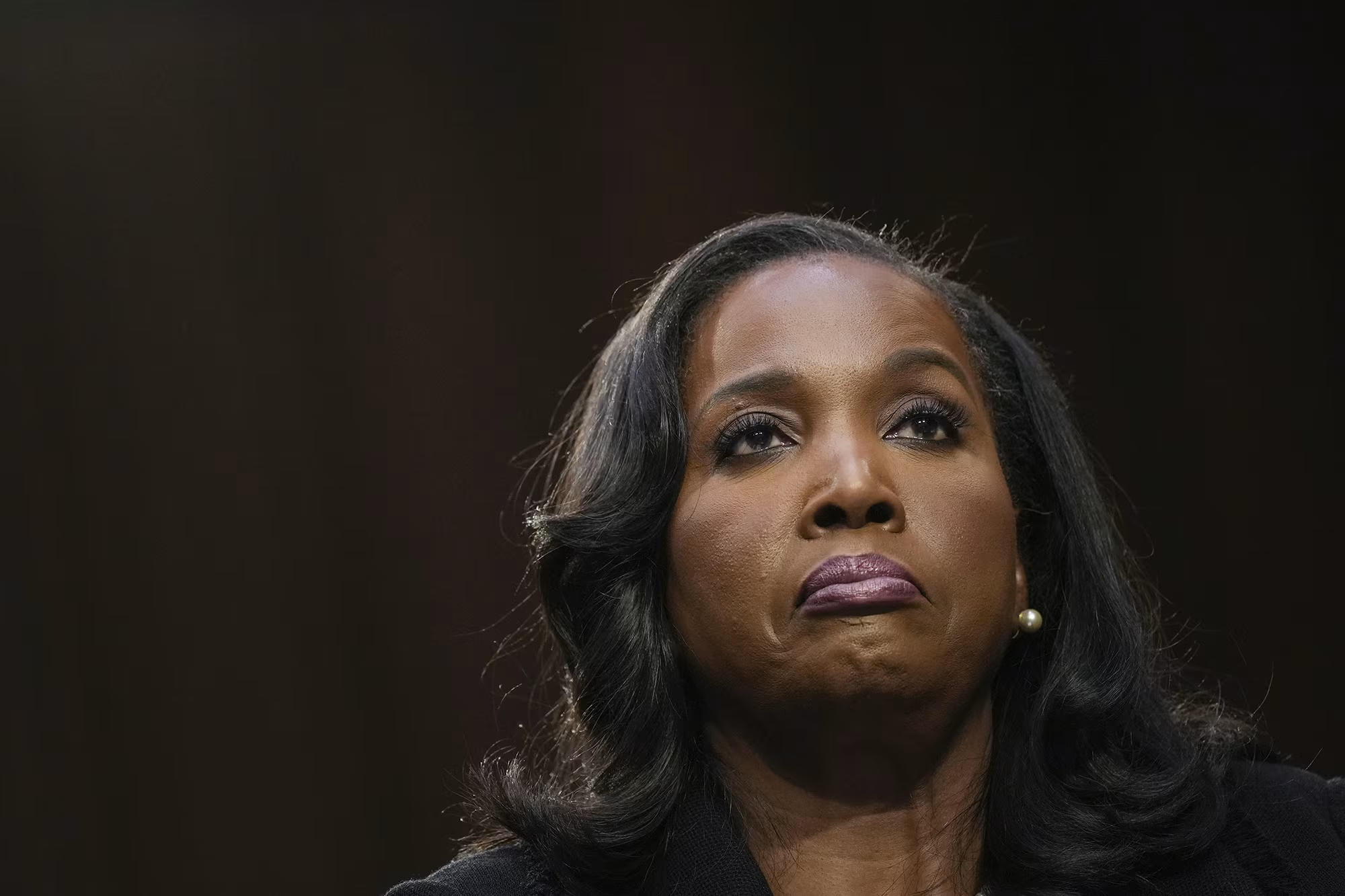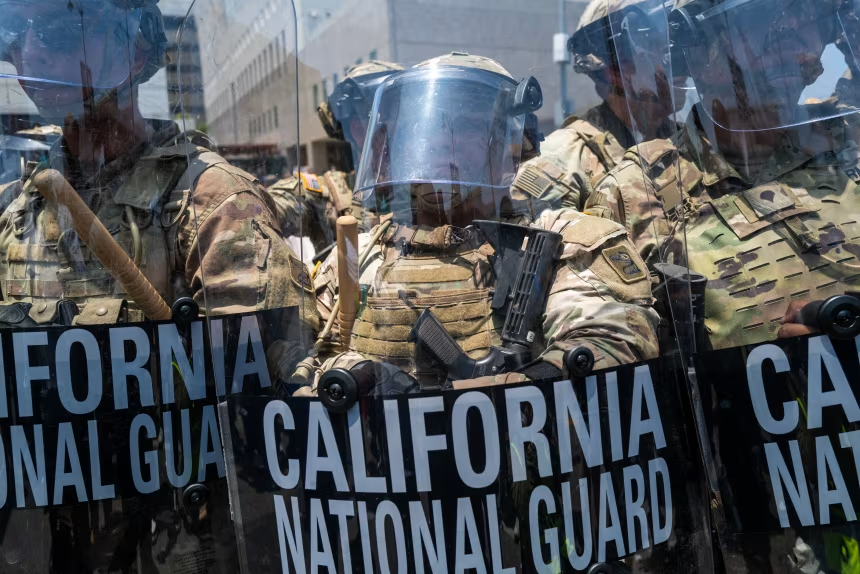President Donald Trump’s decision to deploy federal forces and National Guard troops to major cities has triggered nationwide debate, with Washington, D.C. already experiencing a controversial takeover of its police department and Chicago and Baltimore potentially next in line.
In Washington, about 800 National Guard soldiers and several federal agencies have been mobilized despite the city recording its lowest crime levels in three decades. Mayor Muriel Bowser and other local leaders have condemned the action as unconstitutional, warning that the move undermines the city’s autonomy. Legal challenges are underway, with critics citing violations of the Posse Comitatus Act, which restricts the use of military forces in domestic law enforcement.
Chicago leaders have also pushed back firmly against Trump’s proposal. Governor JB Pritzker and Mayor Brandon Johnson highlighted that the city has witnessed a dramatic drop in violent crime this year, with homicides down by nearly 30 percent and shootings down almost 40 percent. They argue that military involvement is unnecessary and politically motivated rather than a genuine response to safety concerns.
In Baltimore, Maryland Governor Wes Moore labeled Trump’s comments as scare tactics. He pointed out that the city has seen homicides fall by about 20 percent since 2023, attributing the progress to community-driven reforms and local policing strategies rather than outside intervention.
Supporters of the president argue that federal action is justified to protect government facilities and restore order. Some Republican governors have already pledged to send additional troops to Washington in solidarity. However, opponents warn that such deployments represent a dangerous overreach of federal power and could set a precedent for political interference in local governance.
The standoff reflects deep political divides in the United States, with Democratic-led cities resisting federal interventions and the Trump administration framing its actions as essential to public safety. As lawsuits mount and cities push back, the outcome could reshape the balance of power between the federal government and local authorities.







